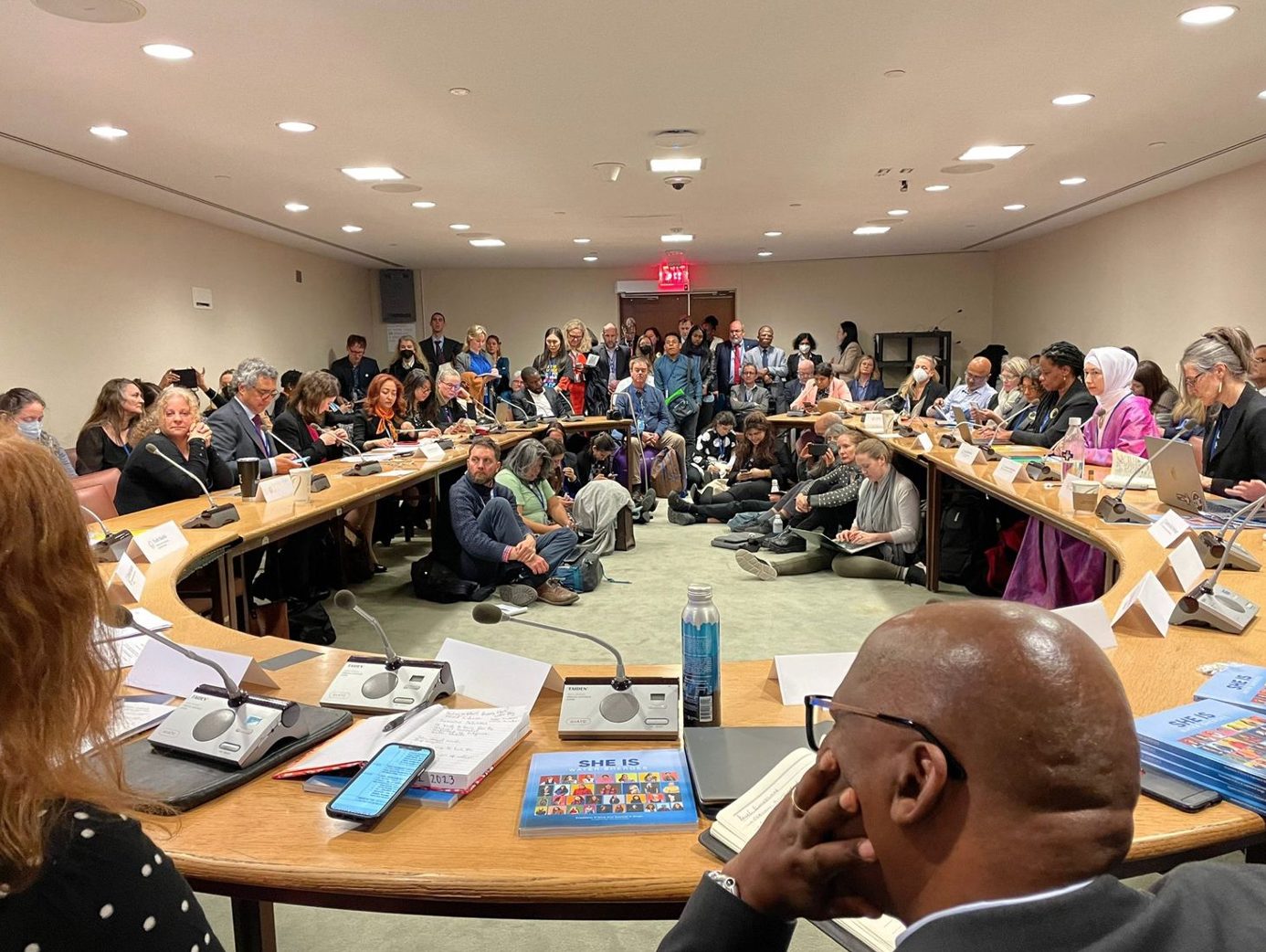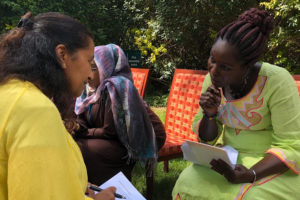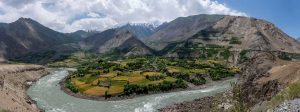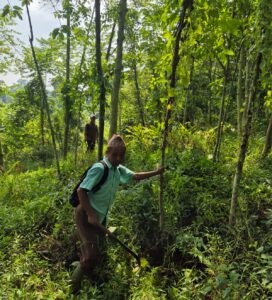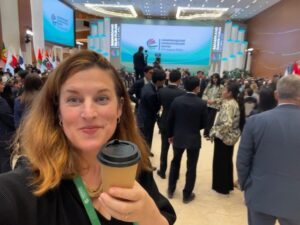Women in Water Diplomacy Network official Side-Event at the UN Water Conference
Abstracted from the Women in Water Diplomacy Network After Action Report: The Water Diplomacy Symposium and Network Engagement in the 2023 UN Water Conference


Publication available in full here.
For an informal/partial video recording of this session courtesy of CAREC and ELI please visit: https://www.eli.org/events/elevating-critical-voices-water-diplomacy.
The Women in Water Diplomacy Network hosted its official side event on March 22 at the UN Headquarters. The side event entitled ‘Elevating Critical Voices in Water Diplomacy’ was co-convened with a broad consortium of partners including River Basin Organizations, Non-Governmental Organizations, Universities, and academic institutions as well as other networks and young professional forums. The side-event put focus on the critical importance of inclusive water diplomacy processes and the linkages between women, water, peace, and security, as well as the value of water to peace and human security. The filled to capacity side event raised numerous key issues at the core of the Women in Water Diplomacy Network’s objectives including the importance of evidence based research and data including the need for greater collection of sex-disaggregated data, linkages to inclusion in water and sustainable development and the durability of peace and prevention of conflict relapse, the disproportionate effect of climate change and water insecurity on women and the dearth of women involved in formal decision making, and the important role of water diplomacy for peace and security. Consortia partners closed the side-event by reading aloud the call to action ‘A Rising Tide’ voluntary commitment to the UN Water Action Decade submitted on behalf of the Network.
About the network
The Women in Water Diplomacy and Water Management promotes promotes women water professionals’ participation in decision-making in the water sector and gender mainstreaming in water governance, inthe Nile region and Central Asia and Afghanistan.
